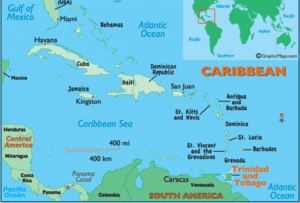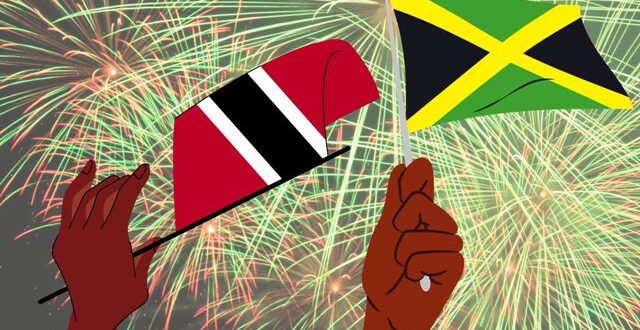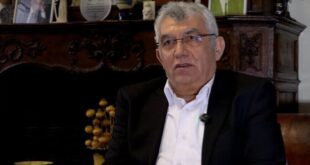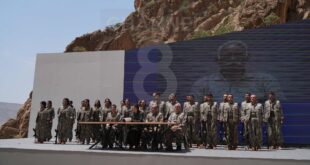‘Independence was not only a historical moment, something that happened and is over, but a continuous and collective act of forging a nation from an unapologetic love for liberty, as its meaning evolves over time.”
On August 6, Jamaica celebrated its diamond jubilee of independence from Britain, and Trinidad and Tobago is hot on its heels; the twin-island republic will mark its own 60th anniversary of independence on August 31. Both Caribbean nations are marking the occasion with pomp and circumstance.
Jamaica organised an event itinerary that began on Emancipation Day (August 1) and lasted until Independence Day, culminating with a very well-attended float parade and grand gala in the national stadium, at which there was a drone display and light show — reportedly the first of its kind in the region — which was very well received. Described as “the zenith of the celebrations,” the drones formed the shape of some of Jamaica’s beloved personalities, including poet Louise Bennett, reggae icon Bob Marley and sprint star Usain Bolt:
Trinidad and Tobago, meanwhile, has planned an extensive calendar of events in honour of the occasion, including the production of a commemorative stamp and coin, concerts and exhibitions, a steel pan parade, and even a television series that explores the country’s pre- and post-independence journey.
There has also been a recommendation put forward by the Criminal Bar Association for the government to consider releasing 60 “deserving” prisoners as a 60th anniversary of independence initiative, and there is talk of a beautification project for the capital city, Port of Spain.
To be decolonial is to question everything about the postcolonial world from the perspectives of the marginalised and oppressed, those least remembered or valued, those seeking to right historical wrongs, and those who radically challenged social order as it was forcibly established over hundreds of years.
However, as with Jamaica, there were concerns about the country’s priorities. As a Trinidad and Tobago Express editorial outlined, the COVID-19 pandemic is not yet in the rearview mirror, and the threat of monkeypox is on the horizon. In addition, the public sector is in the midst of salary negotiations, the cost of living is on the rise, and crime is a serious concern. Nevertheless, in lauding positives such as “a free public health system,” “free education for all,” “a vibrant democracy even if it is yet to achieve maturity”, and “a national unity at the level of the people.”
Undoubtedly, 60 years of independence is a milestone that requires some sort of acknowledgement, but in young nations like Jamaica and Trinidad and Tobago, which have come through the horrors of occupation, slavery, and colonialism, and fought for their right to self-governance, the future that independence hoped to forge is still very much a work in progress.
University lecturer and columnist Gabrielle Hosein, meanwhile, suggested there was merit in using this auspicious anniversary as the spark for “a reignited conversation about decolonising our landscape of statues, streets and parks”:
To be decolonial is to question everything about the postcolonial world from the perspectives of the marginalised and oppressed, those least remembered or valued, those seeking to right historical wrongs, and those who radically challenged social order as it was forcibly established over hundreds of years.

It is to champion care, freedom, justice and solidarity over mere continuity, whether in relation to law, governance, schooling, gender or sexuality. With these values in mind, everything about ourselves, our landscape and our institutions is up for renewed self-determination.
In the words of Hosein, “[I]ndependence was not only a historical moment, something that happened and is over, but a continuous and collective act of forging a nation from an unapologetic love for liberty, as its meaning evolves over time.” Perhaps even more than celebration, 60 years might be a time for reflection and regeneration.
 Infowelat Enformasyon Ji Bo Welat
Infowelat Enformasyon Ji Bo Welat





